Connecting science with business
A contemporary, innovative research university acts not only as an institution for education and research but also as an active participant in the innovation ecosystem, serving as a partner for business, a precursor of technology, and a centre for knowledge transfer. Our University, located in the heart of the Kuyavian-Pomeranian region, is building an innovation ecosystem, which is becoming both a strategic challenge and an opportunity.
The Academic Entrepreneurship Forum "Funds for Science" conference (October 27, 2025), organized by the Nicolaus Copernicus University Centre for Academic Entrepreneurship and Technology Transfer (CPATT) and the European Innovation Foundation (EFI), aimed to gather representatives from scientific, business, and financial circles around the topic of supporting innovative projects in Poland and Europe.
During the inaugural lecture entitled "European Innovation Policy and the Role of the Science Sector," we heard about the plan for changing the EU's financial policy.
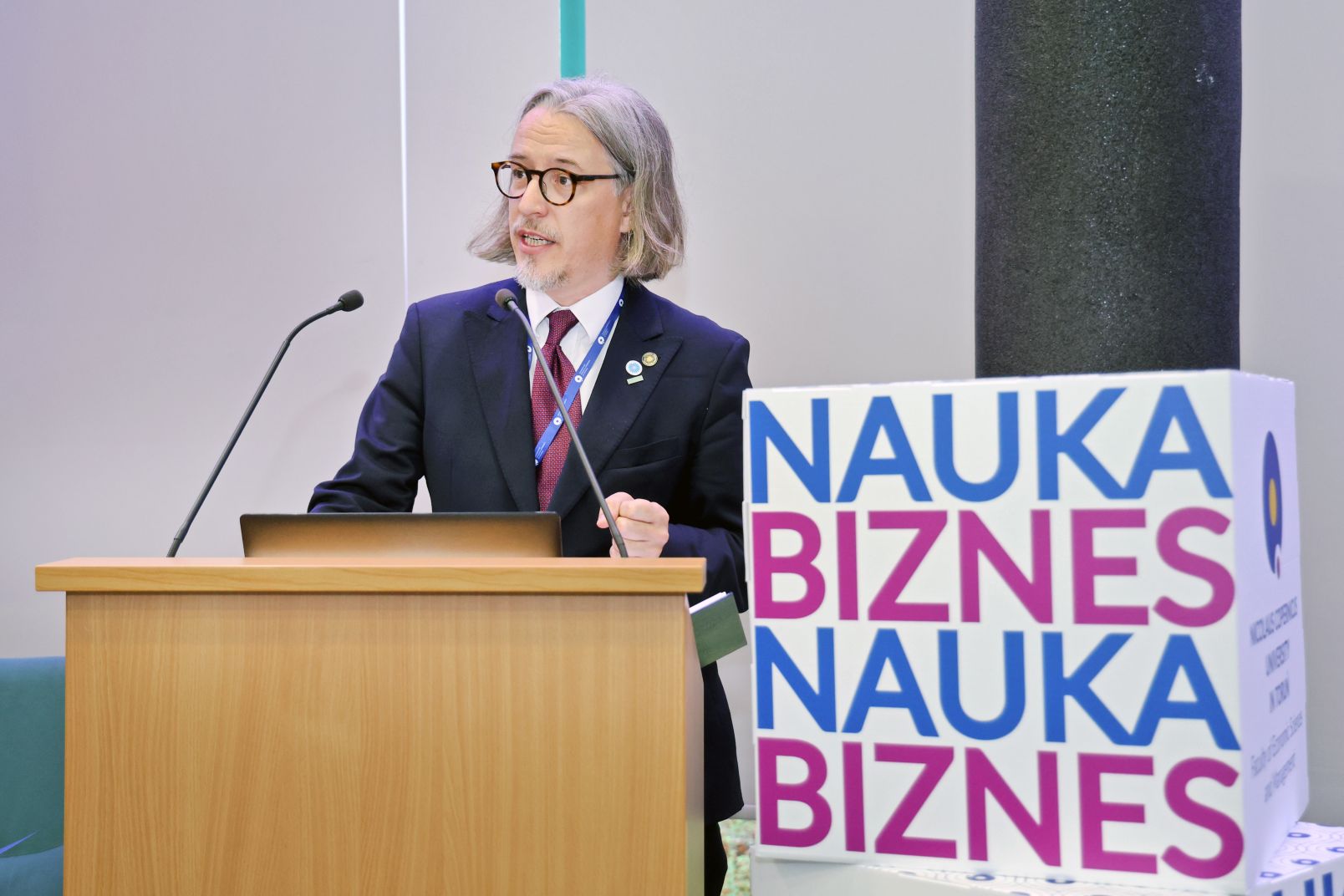
photo Andrzej Romański
"In the debate on the new European Union Framework Programme FP10, the concern of the scientific community across Europe is already strongly evident: that shifting the research cooperation pillar to a purely market fund (European Competitiveness Fund) will weaken the most important link in the entire innovation chain—the moment when science meets industry at the earliest stage. And it is precisely there that breakthroughs are born." ~ Prof. Adam Kola, PhD, NCU Vice-Rector.
Discussion panels, featuring representatives from science, investment funds, and entrepreneurs, provided an opportunity to discuss barriers to commercial financing of science, potential funding sources for R&D work, and the benefits and potential chances for success in science-business cooperation. Participants in the discussion panels included, among others:
- Prof. Radosław Sojak, Vice-Rector for Human Resources and Financial Policy
- Tomasz Biel – European Innovation Foundation
- Piotr Szulec - SKARBIEC TFI SA (Investment Fund Management Company)
- Maciej Jasiński - IPOPEMA TFI SA (Investment Fund Management Company)
- Michał Żółtowski, PhD – Chamber of Commerce of Alternative Investment Companies
- Maciej Wieloch, PhD – IIF.VC sp. z o.o.
- Prof. Jan Kozak – ŁUKASIEWICZ Research Network
- Prof. Michał Polasik - Nicolaus Copernicus University
- Prof. Robert Sitnik, PhD, Eng. – Warsaw University of Technology Investment Factory
- Andrzej Wolan, PhD – Nicolaus Copernicus University, President of the Management Board of FRESH INSET SA, Synthex Technologies sp. z o.o., Member of the Supervisory Board of NOCTILUCA SA
- Michał Jackowiak – ECOM sp. z o.o.
- Artur Olech – Trasti
- Prof. Tomasz Czech – URK Innovation Centre sp. z o.o.
- Cezary Odrzygóźdź, PhD, Eng. – Director of CPATT (Centre for Academic Entrepreneurship and Technology Transfer)
- Alicja Ostrowska-Leszczyńska AMU Innovation sp. z o.o.
"During the conference, two key conclusions were drawn: it is necessary to build dialogue and relationships between science and the investment/business sector, especially in times when it is difficult to increase the financing of research and development work by the state budget. Furthermore, support structures and financing mechanisms must be created that will enable the commercialization of research and the establishment of innovative ventures. For NCU, this means that the key task now is to create conditions that will reduce the barriers to cooperation between science and business and facilitate the engagement of funds in university projects." ~ Cezary Odrzygóźdź, PhD, Eng., Director of CPATT
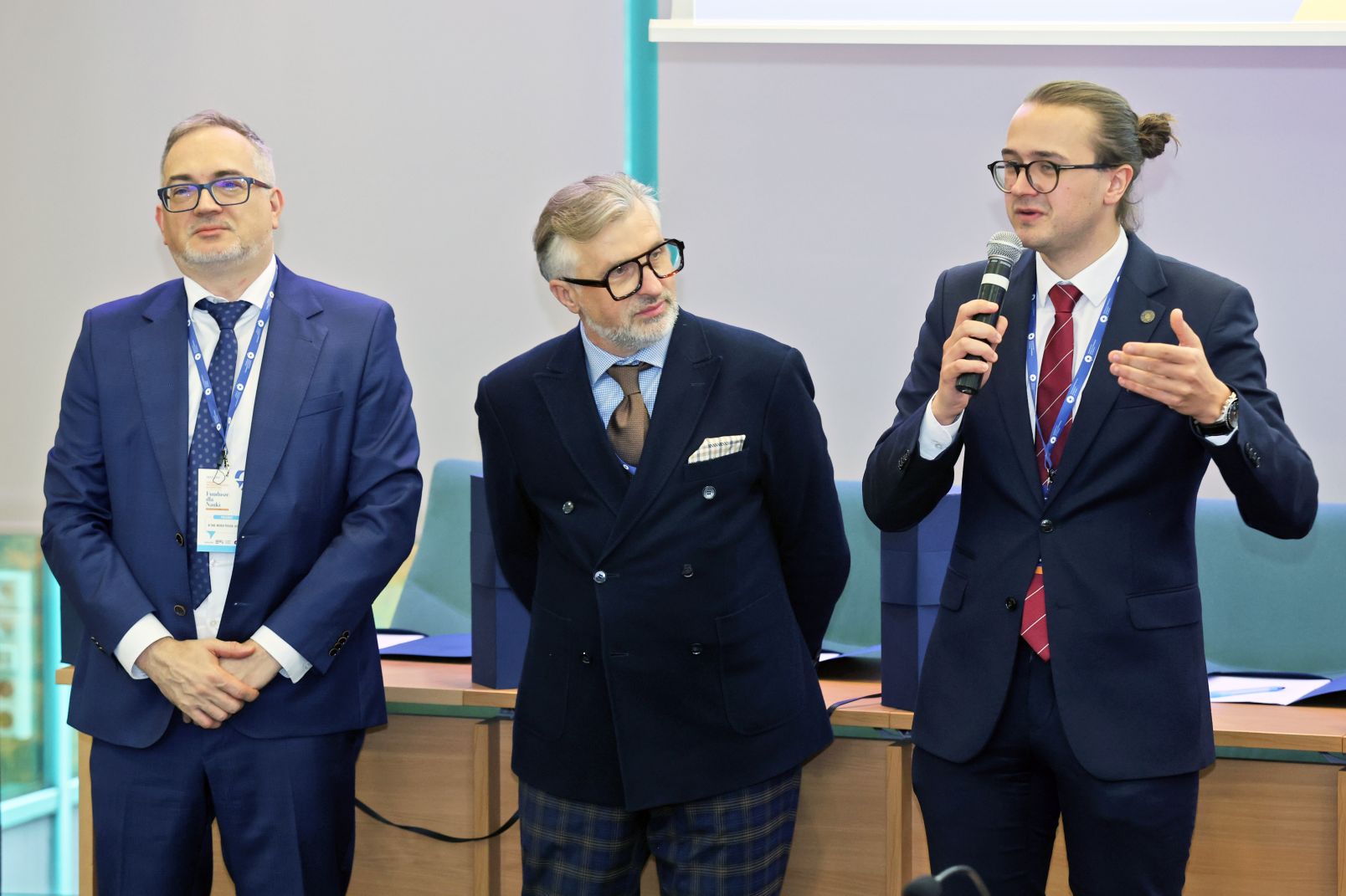
photo Andrzej Romański
The highlight of the forum was the establishment of the "InsurTech Europe" Technology Cluster, whose goal is to integrate science, business, and local government in the area of insurance technologies. The following institutions joined its ranks: Nicolaus Copernicus University and industry partners ECOM, Mentor, CUK Ubezpieczenia, Trusti (HPI GMA), and T4M, an NCU spin-off.
The creation of the InsurTech Europe cluster is a response to changes in the ways science is financed in Europe. For us, as Nicolaus Copernicus University, it is important that the values we create in Toruń or Bydgoszcz—inventions, new solutions, and innovations—will be developed and commercialized here or elsewhere. The establishment of the cluster, the creation of our own university-business-financial sector cooperation model, shows that we are not just copying existing models, but creating our own original solutions." – Prof. Michał Polasik.
Investment funds, including venture capital (VC) and technology funds, play a critical role in the innovation ecosystem, especially when the university wants to transform research results into products, services, or spin-offs. Funds can support universities in the following activities:
- financing the "proof-of-concept" phase – many research projects need support to move from the laboratory to the market.
- scaling and commercialization – funds can support university-affiliated startups or spin-offs during the growth phase.
- co-investment and partnership creation – funds can act as university partners, helping to build relationships with industry.
- establishing market connections – the involvement of funds acts as a signal to other investors and business partners that the project has commercial potential.
The Academic Entrepreneurship Forum "Funds for Science," held under the honorary patronage of the Mayor of Toruń, the Chamber of Commerce of Alternative Investment Companies, and the Chamber of Fund and Asset Managers, sends an important signal to potential investors that NCU is ready and willing to act as an active partner in the innovation ecosystem—connecting science, business, and investments. However, the event itself is just the beginning. The key is a systemic approach, optimal utilization of infrastructure, creating a culture of cooperation, and developing financing mechanisms and real tools to support scientists and entrepreneurs in joint activities.
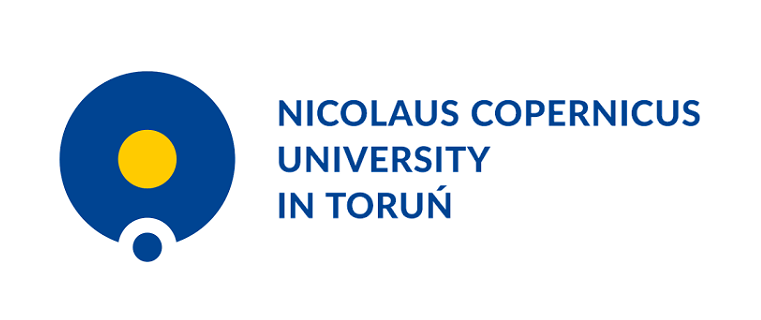 NCU News
NCU News






 Exact sciences
Exact sciences


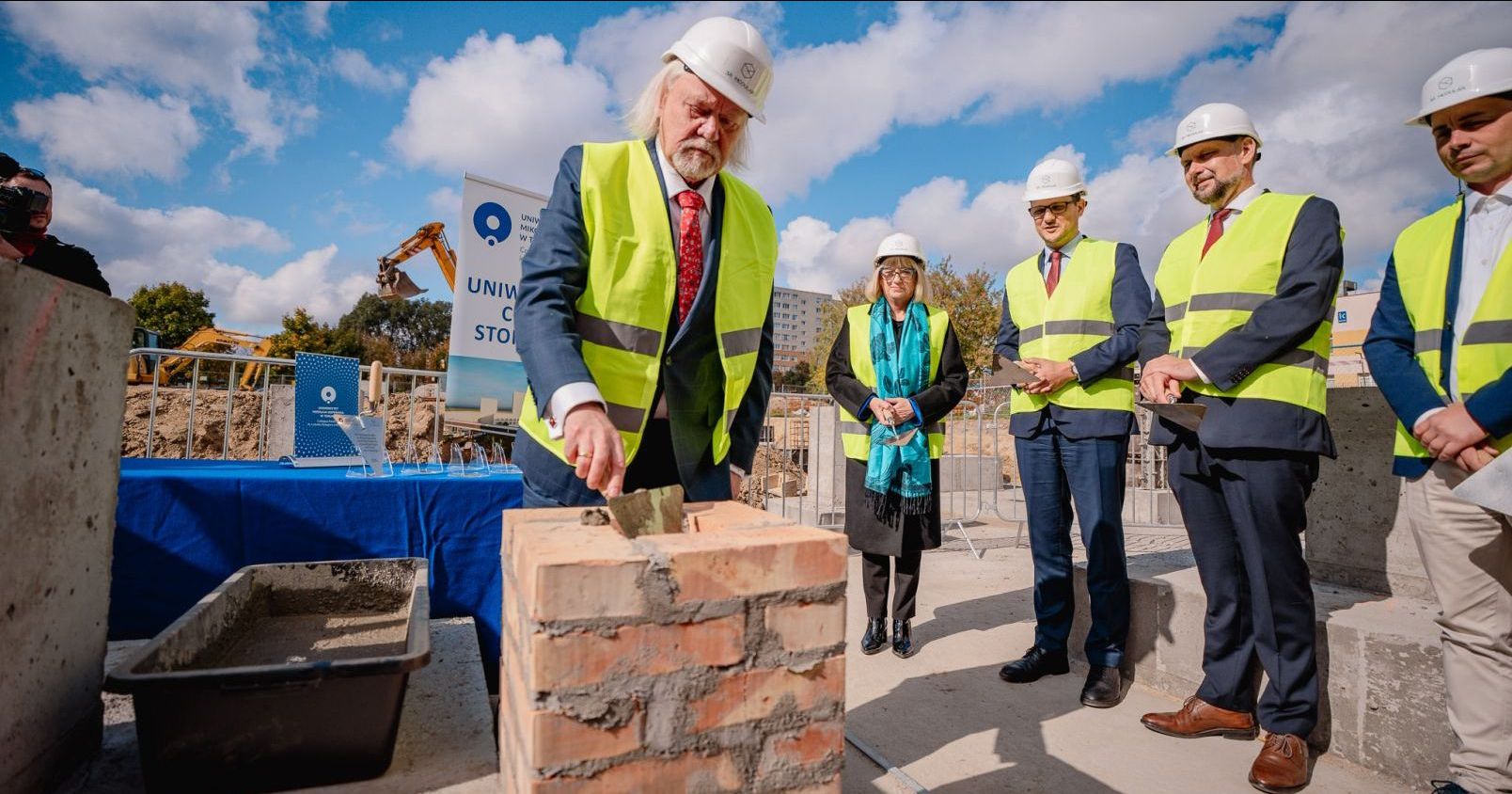 Campus life
Campus life
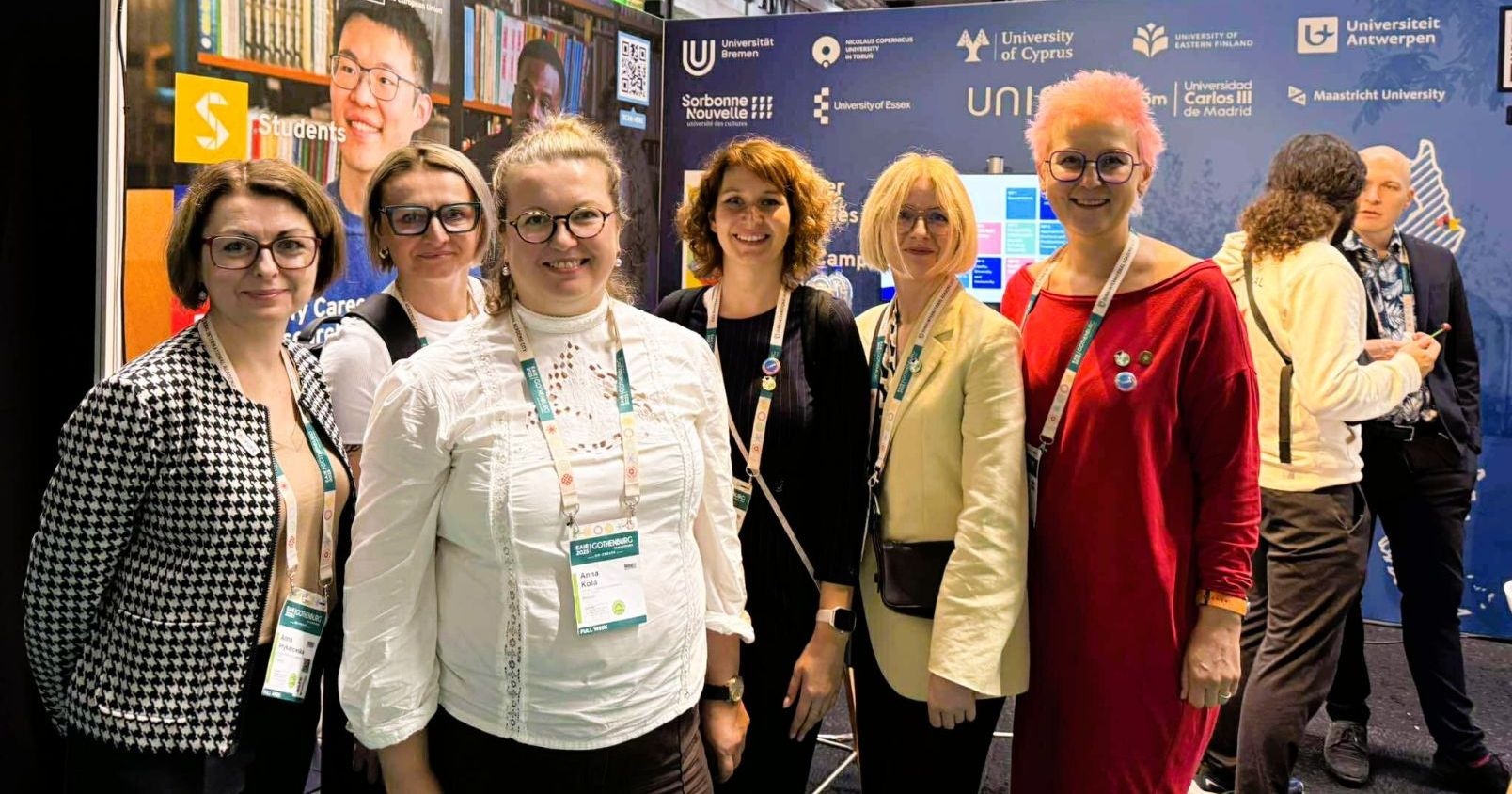 Campus life
Campus life